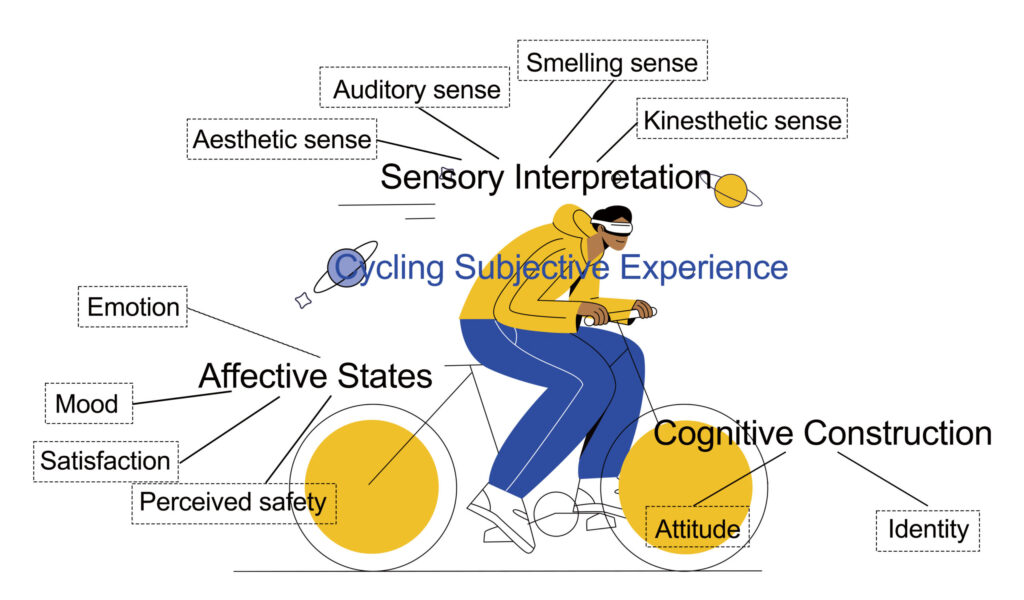Collaboration, experimentation, continuous improvement
More and more cities are turning to cycling to address livability, sustainability, and equity challenges. Doing this involves creating a more cycling-friendly street environment, which for many cities is stepping into new waters. Here, there is not only a knowledge gap to become a cycling city, but also an organizational learning gap. This research explores how an iterative, collaborative (“agile”) way of working may be well-suited to bridge these gaps and help (bicycle) planning organizations learn. It does this through interviews of Amsterdam practitioners and a closer look at a project at the Alexanderplein intersection.
Research questions
Main question: What does an agile way of working look like in the bicycle planning context?
Sub-questions: How accessible and relatable is agile to planning departments? What are gaps between the current way of working and agile in planning departments? Under what conditions might agile be adopted by planning departments in practice?
Findings
Overall, the practitioners related to most of the agile characteristics and practices presented, suggesting that agile is accessible and relatable to planning organizations. Agile working was partially already occurring in Amsterdam’s Bicycle Program. Frequent collaboration, information driving decisions and a focus on people, for example, were present. But early, incremental and continuous delivery of a working product, and responding to and welcoming change, were less present. Top management support and organizational structure were the largest perceived barriers to agile working. More research is needed before these working gaps and barriers can be generalized beyond Amsterdam case.
Discussion
The Alexanderplein example- where traffic lights were removed and the municipality gained a new perspective on how people cycling move and interact- showed that even for a mature cycling city such as Amsterdam, there is more to learn about how to plan for cycling. Reflection and a focus on the end user will be important for all cities looking to develop a cycling-friendly environment, and an iterative, collaborative (“agile”) way of working as described in this research paper is well-situated to help with this. It may also be a window for us to collectively learn more about cycling. If we only “copy-paste”, not only do we miss out on organizational learning, but we limit ourselves to what is already known. Through testing, reflecting, and iterating, we can open new doors and knowledge.
Read full academic paper here (open access).
Citation: Hahn, T., & te Brömmelstroet, M. (2021). Collaboration, experimentation, continuous improvement: Exploring an iterative way of working in the Municipality of Amsterdam’s Bicycle Program. Transportation Research Interdisciplinary Perspectives, 9. https://doi.org/10.1016/j.trip.2020.100289



